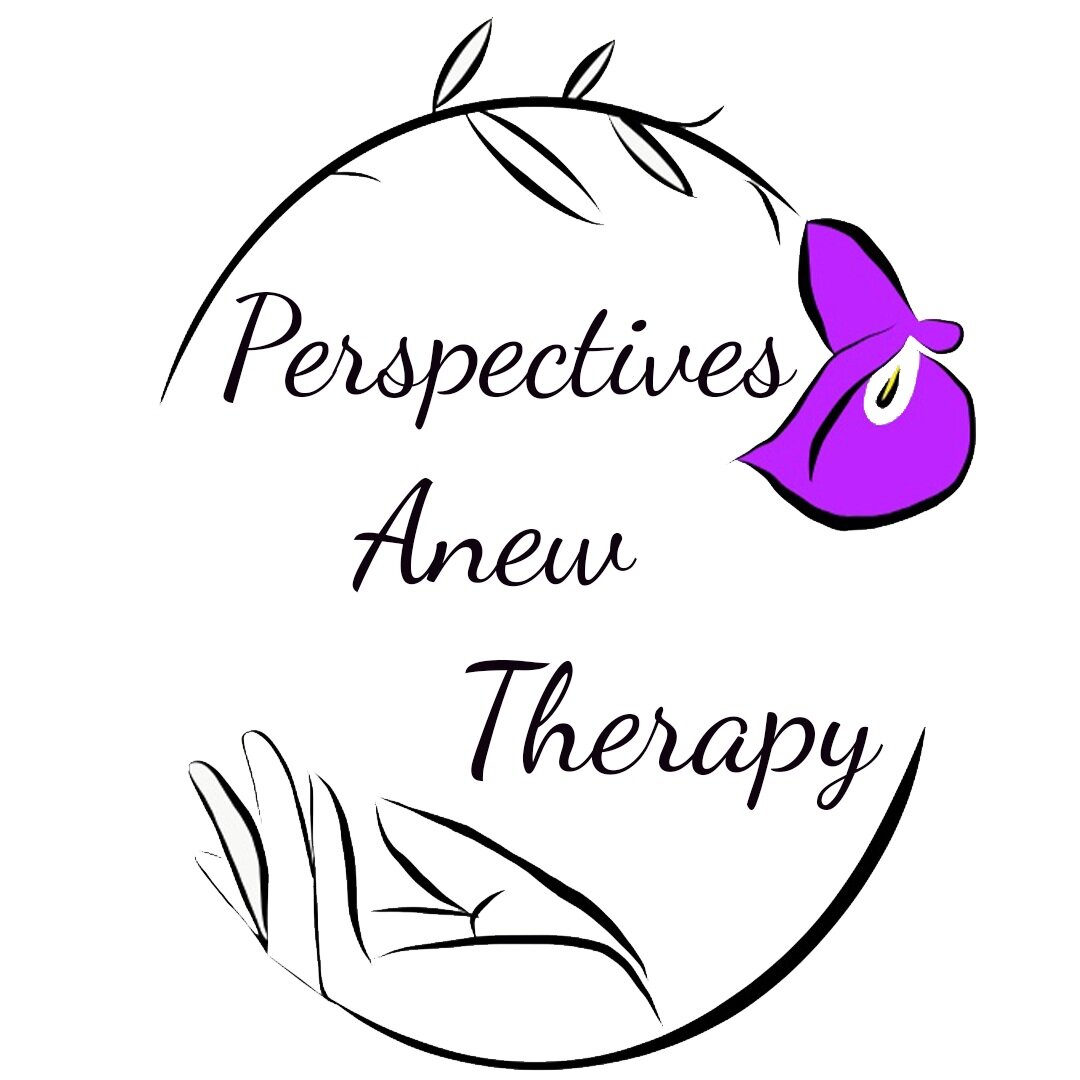Dementia
Dementia is the general term used to describe loss of language, memory, problem-solving, and thinking abilities that become severe enough to interfere with day-to-day life. Dementia also impacts behaviors, feelings, and how those living with the disease are able to maintain relationships. The most common cause of dementia is Alzheimer’s, but this term covers a broad range of specific medical conditions that are caused by abnormal brain changes. Other forms of dementia include vascular, lewy body, frontotemporal, Huntington’s, and mixed dementia. Although dementia itself is not reversible, there are conditions that can cause symptoms of dementia such as thyroid problems that are reversible.
Symptoms of dementia include difficulty with short-term memory, remembering where you left important items such as a wallet, paying bills, planning or preparing meals, remembering appointments, and traveling outside of one's neighborhood. Signs and symptoms tend to be progressive, meaning they start out slowly then gradually worsen. Other symptoms and signs of dementia include difficulty with attention and communication, using unusual words when talking about familiar objects, forgetting memories and close family members or friends, and the inability to independently complete a task. Dementia tends to affect those 65 years or older and head injuries increase the risk of dementia. African Americans are twice as likely and Hispanics are 1.5 times more likely to have dementia than whites. A family history of dementia as well as high blood pressure, high cholesterol, and smoking increase the risk of developing the disease.
The treatment of dementia relies on the cause of it. For example, Alzheimer’s disease has no cure, however there are medications that can help protect the brain or manage symptoms such as anxiety. There are precautions people can take to decrease the likelihood of developing dementia such as regular exercise, healthy eating, and maintaining social contacts. If you believe that someone you love has undiagnosed dementia you should discuss it with that loved one, inquire about medical assistance, and have a family meeting.
Source: Centers for Disease Control & Prevention, Alzheimer's Association
